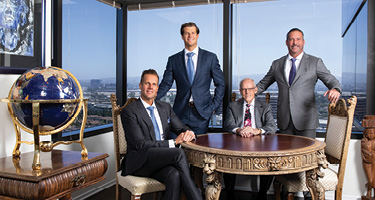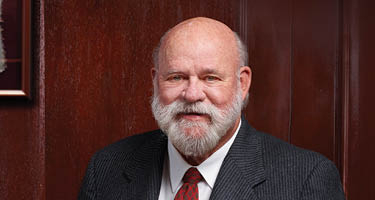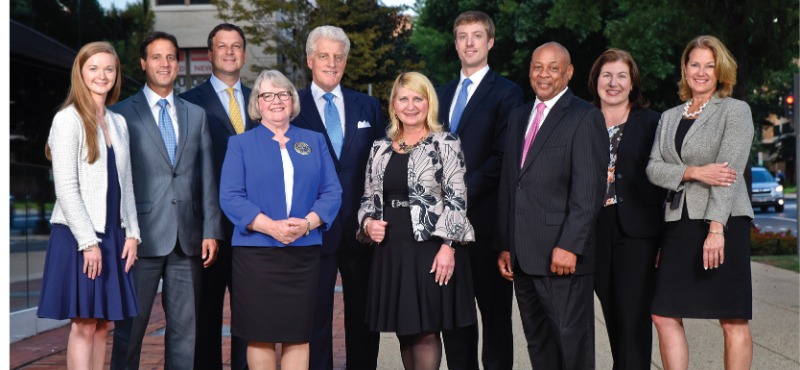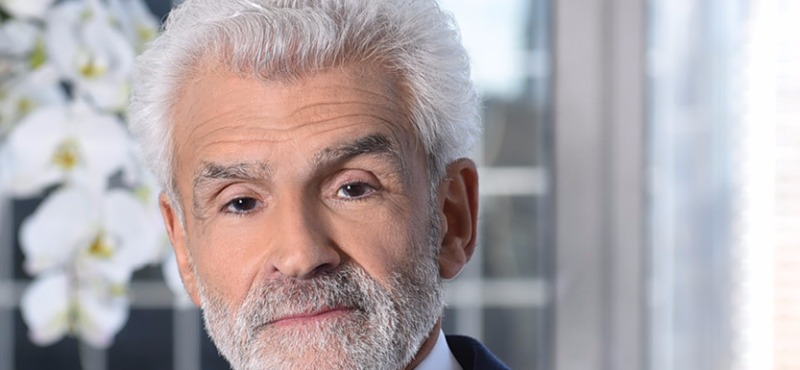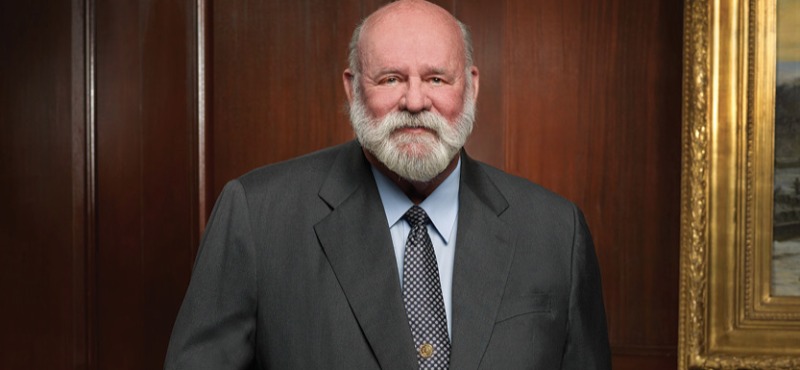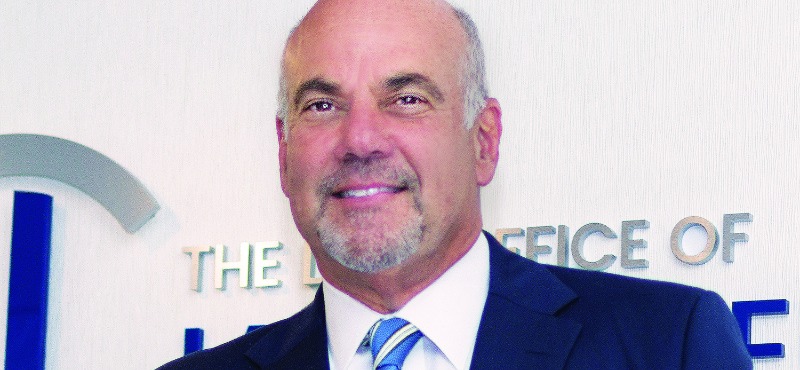By: John D. Balaguer and Christine Kane
In July 1960, Brenda Lee had the number one hit song in America. The 15-year-old singer belted her heart out as she expressed her apologies singing:
I'm sorry, so sorry
That I was such a fool
I didn't know
Love could be so cruel
Oh-oh-oh-oh-oh-oh-oh-yes
You tell me mistakes
Are part of being young
But that don't right
The wrong that's been done
Views vary about whether a healthcare professional should convey an apology to a patient or patient’s family when treatment does not go as expected. The fear is that these words will be misconstrued as an admission of error that could make a negligence claim more likely, or at least make the claim, if it comes, harder to defend. In Delaware, the law provides some level of protection to such communications, but as a recent case illustrates, that protection is not absolute because the relevant statute makes an important distinction between an expression of apology, sympathy or condolence, and an admission of fault. So, if you are going to apologize, you are well advised to choose your words carefully.
10 Del. C. §4318, commonly referred to as the “apology statute,” was enacted in 2006 to protect providers from having genuine statements of apology, condolence, and the like unfairly used against them as an admission of liability in a medical negligence action. The statute provides that:
Any and all statements, writings, gestures, or affirmations made by a healthcare provider or an employee of a health care provider that express apology (other than an expression or admission of liability or fault), sympathy, compassion, condolence, or benevolence relating to the pain, suffering, or death of a person as a result of an unanticipated outcome of medical care, that is made to the person, the person's family, or a friend of the person or of the person's family, with the exception of the admission of liability or fault, are inadmissible in a civil action that is brought against a healthcare provider. (emphasis added)
There is a similar statute in Pennsylvania, 2013 Act 79, called “The Benevolent Gesture Medical Professional Liability Act.”
Although Delaware’s apology statute has been on the books for some time, it was only recently interpreted for the first time by a Delaware court in the case of Honey V. Bayhealth. The case involved the admissibility of statements made by the defendant surgeon after a cholecystectomy resulted in a bladder laceration. The Court addressed whether the surgeon’s statements constituted an apology falling within the protections of the apology statute, or whether the statements were an admission of fault making them admissible at trial. Here’s what the patient claimed the doctor said:
“I am so sorry, would you please forgive me…”
“I am so sorry [for] what I have done, and believe me, I will be here by her side to take her back to where she was before.”
The “cut” he made was a “miscalculation” and that he “made a mistake.”
In deciding whether these statements fell within the confines of the apology statute, the Court recognized the distinction between an apology, as opposed to a direct admission of fault, and an admission of fault within a larger expression of an apology. The Court ultimately found that the surgeon’s references to a “miscalculation” and “mistake” were not protected under 10 Del. C. 4318 because those statements were direct admissions of fault, regardless of the fact that the statements were made within a broader expression of apology. The other statements, however, “I am so sorry, would you please forgive me…” and “I am so sorry [for] what I have done…” were found to be examples of apology covered by the statute. The irony in this ruling is that the doctor is now faced with a jury hearing that he admitted fault, but unable to hear that he apologized.
So, what does this mean from a practical standpoint? Can an apology from a healthcare provider be beneficial after an adverse event? Can a simple apology potentially prevent a lawsuit from being filed? Research has shown that acknowledgment of a bad situation, along with an expression of apology or sympathy, can be very helpful and may even deter litigation. Apologies, if direct, sincere, and handled appropriately, can often defuse potentially volatile situations - and prevent litigation. For this reason, many healthcare organizations are changing how they deal with adverse events, and working to make honest expressions of compassion and sympathy to patients and loved ones - and where appropriate even admissions of fault - an integral part of their communication culture.
At the same time, not every situation that may call for an apology or other expression of compassion or sympathy also calls for an admission of fault. This can be the case where the cause of the adverse event is simply not yet known, or where a tragic outcome has occurred despite appropriate care. So, if following an unexpected adverse outcome you and your organization decide to offer apology, sympathy or condolences to a patient or family member, it is critical that you discuss in advance, and even practice beforehand, exactly what you intend to say and how you are going to say it.
One must also try to anticipate any reactions, questions or comments and be prepared to respond accordingly. As the Honey case shows, there is often a fine line between an apology and an admission of fault, and the conveyance of these different thoughts can sometimes become intertwined. Navigating these types of conversations can be tricky and can only be done well with adequate preparation.
As a rule, less is always more, particularly if the conversation occurs in the immediate wake of an adverse outcome, when emotions are running high. While the focus should be on getting the point across - regret for the unfortunate situation - it is also imperative to be mindful that “sorry” does not unintentionally become an admission of wrongdoing. In a situation where an unfortunate outcome occurs despite good care, the last thing you want is for a heartfelt expression of sympathy to be mischaracterized as an admission of fault and used against you in later litigation.
Christine Kane and John Balaguer represent individual healthcare providers and institutions in civil lawsuits and administrative proceedings throughout Delaware and are part of the Healthcare Practice Group. John can be reached at 302.467.4501 or balaguerj@whiteandwilliams.com. Christine can be reached at 302.467.4504 or kanec@whiteandwilliams.com.


